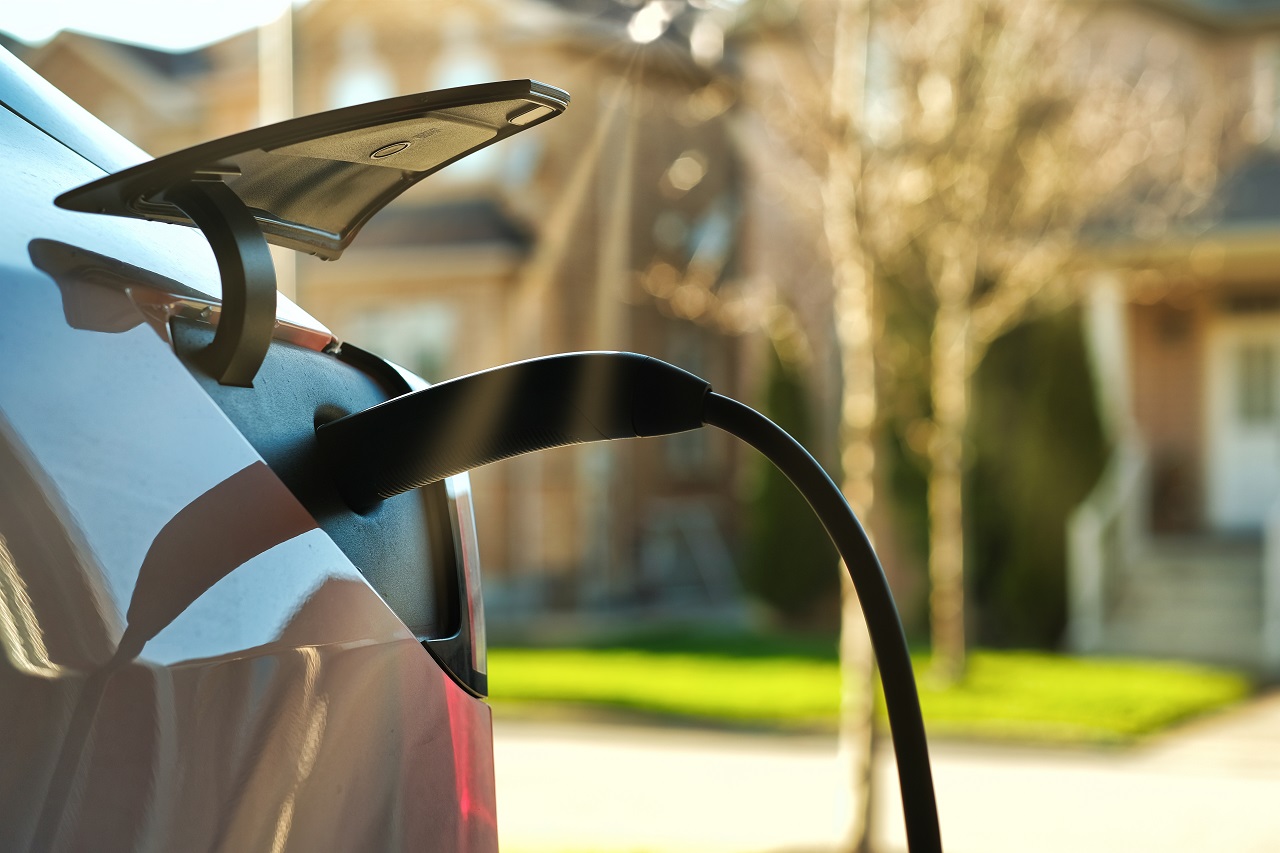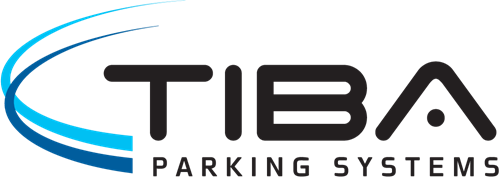LG Exits EV Charging Market After Three-Year Foray, Shifts Focus to Core Technologies

LG Electronics has decided to discontinue its electric vehicle (EV) charging operations just three years after entering the sector. The move is part of what the company describes as a broader "strategic realignment" amid sluggish market growth and heightened competition, according to a report by Azernews.
The tech giant announced on Tuesday that it will wind down its EV charger business, which was handled by its Eco Solution (ES) division. A company spokesperson noted that the decision reflects LG’s effort to adapt to a shifting business landscape.
LG originally entered the EV charging space in 2022 by acquiring HiEV Charger, a company specializing in EV charging systems, in collaboration with GS Energy and GS Neotek. The goal was to scale up quickly and become a key player in global EV infrastructure, offering both rapid and standard charging solutions and projecting annual revenue exceeding 1 trillion won (approximately $703 million).
Despite initial growth — including installations at Emart retail stores across South Korea and a U.S. expansion push in 2023 — LG faced challenges as global EV adoption slowed and competition intensified. Key industry players like Tesla, ChargePoint, and Electrify America continued to dominate, raising questions about LG’s long-term prospects in the space.
As part of the shutdown, HiEV Charger will be dissolved, and staff from the EV charging business will be reassigned to other roles within LG. The company has also pledged to maintain customer support and service for existing charging infrastructure to ensure continuity.
Looking ahead, LG’s Eco Solution division will sharpen its focus on its HVAC (heating, ventilation, and air conditioning) portfolio, aligning with a “selection and concentration” business strategy. Future investments will target high-efficiency residential and commercial systems, heat pumps, and advanced cooling technologies for data centers — a sector gaining momentum with the rise of AI and cloud computing.
Meanwhile, LG is seeing growth in its Vehicle Component Solutions (VS) business. The company recently received the 2024 Best Value Innovation Award from Toyota North America — a milestone for LG, which began its partnership with the automaker in 2011. Initially supplying navigation systems, LG has since expanded into advanced telematics, providing 5G-enabled vehicle communication and cybersecurity technologies critical for connected cars.
Telematics control units (TCUs) developed by LG now facilitate vehicle-to-everything (V2X) communication and meet increasing demands for digital security in automotive systems. North America, where Toyota sees roughly 30% of its global sales, remains a key market for these innovations.
In addition to its recognition from Toyota, LG was honored with the “Creativity Team Award” at General Motors’ recent Supplier of the Year event — a further sign of its rising status as a Tier 1 supplier in the auto industry.
“As the mobility industry evolves, we’ll continue to strengthen our partnerships with global automakers by delivering innovative technologies,” said Eun Seok-hyun, who heads LG’s VS unit.
Though LG’s withdrawal from the EV charging field highlights current headwinds in that market, the company’s pivot toward vehicle electronics and climate control solutions signals a strategic focus on sectors with stronger long-term potential.




Comments
There are no comments yet for this item
Join the discussion